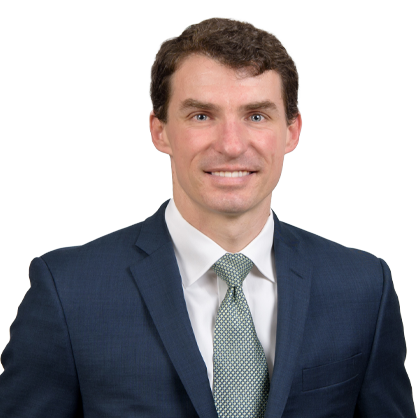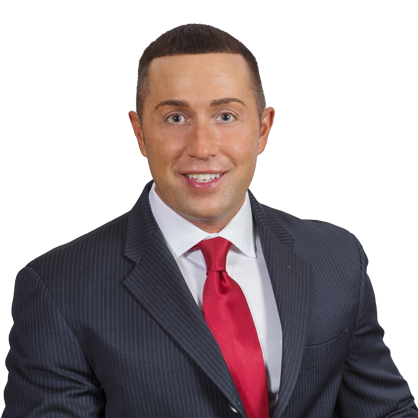Insights
Thought Leadership
Updated: Lamont Executive Order Grants Partial Immunity to Healthcare Providers Responding to COVID-19
UPDATE (04/07/2020): This alert has been updated to reflect Executive Order No. 7V, issued by Governor Lamont on April 7, 2020, which clarifies and supersedes Executive Order No. 7U. The new order clarifies that the civil immunity provided to healthcare professionals and healthcare facilities applies to common law claims as well as statutory causes of action.
On April 7, Connecticut's Governor Ned Lamont issued Executive Order No. 7V (order), which replaces and clarifies Executive Order No. 7U, providing healthcare professionals and healthcare facilities with civil immunity for actions undertaken in good faith in responding to the outbreak of the COVID-19 disease during the duration of the public health and civil preparedness emergency declared by Lamont on March 10.
What does the immunity cover? The order provides healthcare professionals and healthcare facilities (defined below) with immunity from suit for civil liability for injury or death allegedly caused by acts and omissions undertaken in good faith in support of the state of Connecticut's COVID-19 response, and clarifies that the immunity extends to common law claims in addition to statutory causes of action. Covered acts and omissions include but are not limited to those undertaken because of a lack of resources attributable to the COVID-19 pandemic that renders the healthcare professional or healthcare facility unable to provide the level or manner of care that otherwise would have been required in the absence of the COVID-19 pandemic. The order does not provide immunity from reckless conduct or acts and omissions taken in bad faith or acts and omissions that constitute a crime, fraud, malice, gross negligence, or willful misconduct or otherwise would constitute a false claim or prohibited act pursuant to either the Connecticut or federal False Claims Act.
Whom does the immunity protect? The order provides immunity to healthcare professionals and healthcare facilities for covered acts and omissions. Healthcare professional is defined as "an individual who is licensed, registered, permitted, or certified in any state in the United States to provide health care services and any retired professional, professional with an inactive license, or volunteer approved by the Commissioner of the Department of Public Health or her designee." Healthcare facility is defined as "a licensed or state approved hospital, clinic, nursing home, field hospital or other facility designated by the Commissioner of the Department of Public Health for temporary use for the purposes of providing essential services in support of the State's COVID-19 response."
When is the immunity in effect? The immunity applies to covered acts and omissions during the public health and civil preparedness emergency declared by Lamont on March 10 (currently scheduled to end on September 9) and during any period of extension or renewal.
While the order is welcomed by the healthcare community, which is struggling to meet the COVID-19 demands, it should be noted that the order leaves room for significant issues to be litigated in the event that a lawsuit is filed and the immunity is asserted, including (i) the types of healthcare services covered by the order; (ii) whether the healthcare services were provided in support of the COVID-19 response effort; (iii) whether the healthcare professional or facility acted in good faith; (iv) whether the conduct of the healthcare professional or facility rises to the level of gross negligence or willful misconduct; and (v) whether there was statutory authority to issue the order itself.
Please contact any of the listed authors for more information about this order and its implications.
For more Day Pitney alerts and articles related to the impact of COVID-19, as well as information from other reliable sources, please visit our COVID-19 Resource Center.
COVID-19 DISCLAIMER: As you are aware, as a result of the COVID-19 pandemic, things are changing quickly and the effect, enforceability and interpretation of laws may be affected by future events. The material set forth in this document is not an unequivocal statement of law, but instead represents our best interpretation of where things stand as of the date of first publication. We have not attempted to address the potential impacts of all local, state and federal orders that may have been issued in response to the COVID-19 pandemic.




